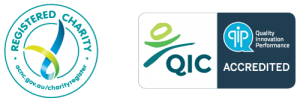Over half a million workers in NSW have poor mental health. Numbers like that make it clear why workplace mental health is a key area of focus not just for the NSW Mental Health Commission, but for the NSW Government, businesses, organisations and individuals.
Fortunately, we are making major gains on workplace wellbeing every year. Just this month, the NSW Government launched a $55 million strategy to boost workplace mental health across our state. It is the largest single investment in workplace mental health in Australia’s history and the Commission was involved in the strategy’s development. The fact that it will be overseen by the state regulator responsible for safe workplaces, SafeWork NSW, gives me great heart. It will help to slowly push the community’s understanding of ‘workplace health and safety’ beyond avoiding trip hazards and back injuries, to incorporating protection against psychological distress as well.
At the same time as these strategies are rolling out, I know there are other workplace changes that are having a much more direct impact on all of us and our families day-to-day. Mobile devices mean we are contactable at all hours. Jobs are offered not for life, but for a contract period. Trends like hot desking come and go. All of these may impact on our sense of control, security and value.
I am pleased that Wayahead Workplace’s Annual Members’ Forum will this year be turning its focus to these kinds of trends and how they affect our wellbeing. The Forum is a wonderful opportunity to pool our experience and evidence, encourage budding workplace wellbeing leaders, and find our way through some of the issues together.
I look forward to meeting you there.
Catherine Lourey
NSW Mental Health Commissioner
As New South Wales’ chief advocate for small business, I hear regularly from small business owners about the enormous mental health challenges they face.
My team speaks regularly to business owners who are stressed, overworked and worried about their future. Over the past few months alone, we have helped businesses who have suffered losses of property, stock and customers following the recent bushfires in Tarthra, those whose business models have been overturned by disruption to their industry, such as our taxi drivers, and businesses who avail themselves of our free dispute resolution and mediation services.
Their wellbeing is vital to the sustainability of our small business sector, which is the engine room of our economy employing more than half our workforce and making up more than 98 per cent of our NSW business community.
The cost, time and difficulties of running a business can cause immense pressure. The recent Everymind White Paper showed that many of the factors contributing to poor mental health were prevalent among, if not unique to, small businesses and include:
- A blurring of boundaries between home and work
- Financial stress due to unpredictable income
- Risk of business failure, and
- Working in isolation.
That is why a key priority in the NSW Small Business Strategy is “Providing tools to build resilient businesses”. My team is working to build resilient businesses by assisting them to plan for the future and by targeting early intervention to support their mental wellbeing.
We aim to make the already available resources more accessible to small businesses and to build on these where appropriate. There is a wealth of information out there and we want small businesses to be able to find it easily.
We are working with Everymind to co-design a response that will reduce the onset and impact of mental health problems of people in small business. This includes piloting a digital response that supports access to evidence-based prevention and treatment interventions.
As with small businesses disrupted by the light rail projects in Sydney and Newcastle, I and my team will continue to help small businesses respond to disruptive events that can impact on mental health. These include natural disasters, infrastructure development and major events.
We look forward to building more partnerships with government and non-government organisations to progress mental wellbeing in small business.
Robyn Hobbs OAM
Small Business Commissioner
You can hear more from The Commissioners at the WayAhead Workplaces Annual Members' Forum on Friday 22nd of June.


